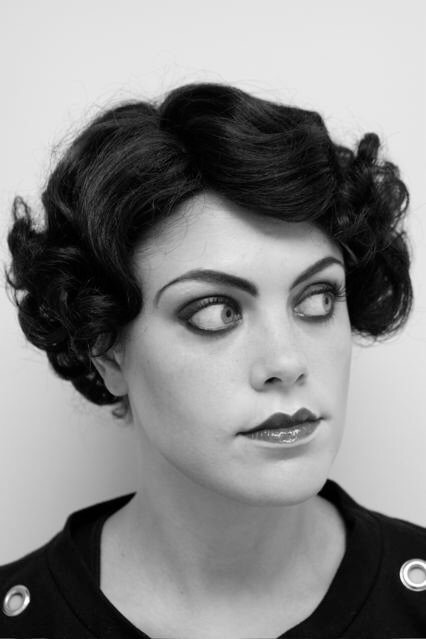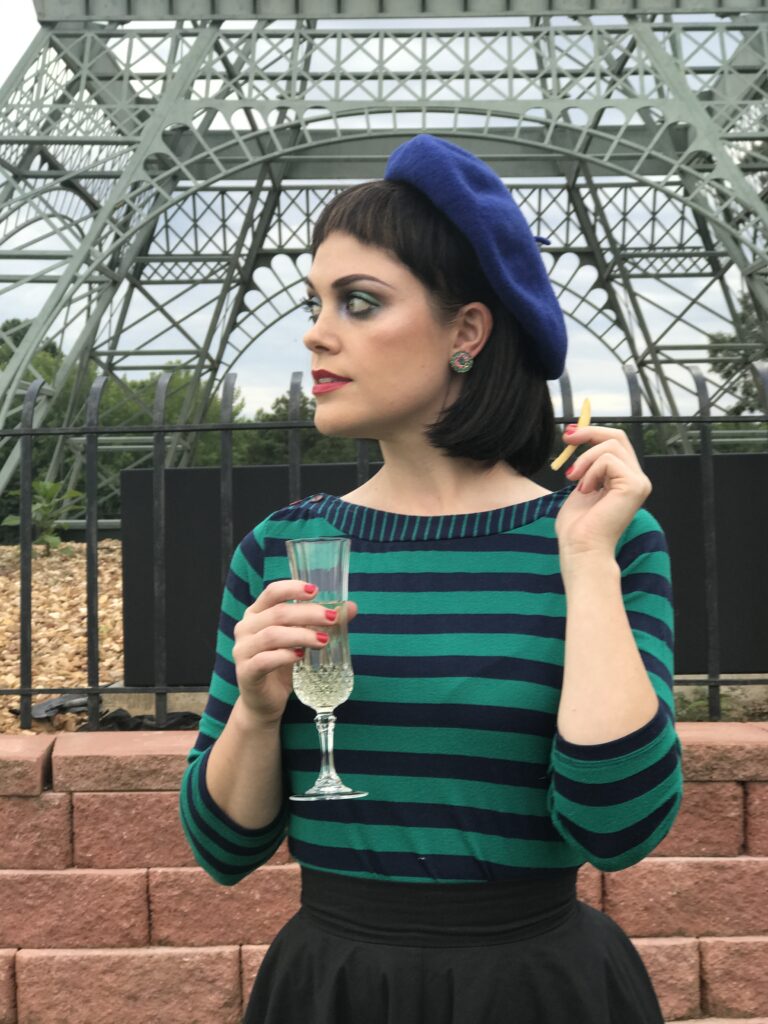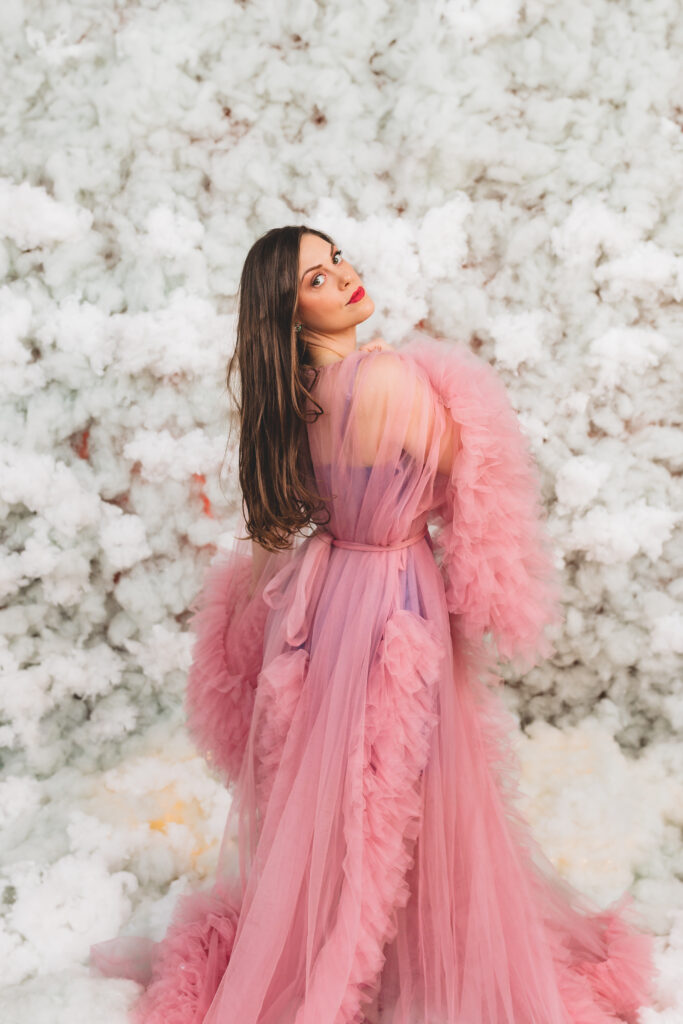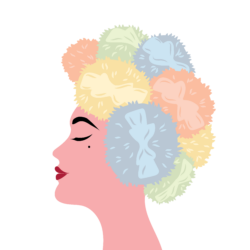
The practice of adorning the body with makeup is as ancient as civilization itself, serving not only as a tool for enhancing beauty but as a reflection of society, politics, and even science. Across cultures and time, the act of preserving and amplifying physical beauty has been seen as an art form, elevating makeup beyond mere vanity. It became an expression of social class, as access to certain cosmetics often signified wealth or power, making beauty political.
In historical contexts, makeup was often a status symbol, associated with affluence, as well as a marker of civilization and progress. The use of specific ingredients—whether powders, paints, or creams—was a reflection of advancements in science, with alchemists and early chemists crafting formulations from minerals and natural pigments. The desire to look polished, groomed, and alluring wasn’t just an aesthetic choice; it mirrored the values of the time, where outward appearance reflected inner virtue or societal standing.


What makes makeup so universal, however, is its inherent ability to connect the individual with a larger cultural narrative. Whether seen as a form of personal empowerment or an artistic endeavor, makeup has long been intertwined with the idea of self-expression and preservation. But as makeup evolved, so did its associations—what once could have been considered a luxury or even a moral issue for some, became a means of artistic individuality for others.
Is makeup truly just about physical adornment, or does it serve as a bridge between personal identity and societal values? How does its historical baggage continue to shape our perceptions today?
